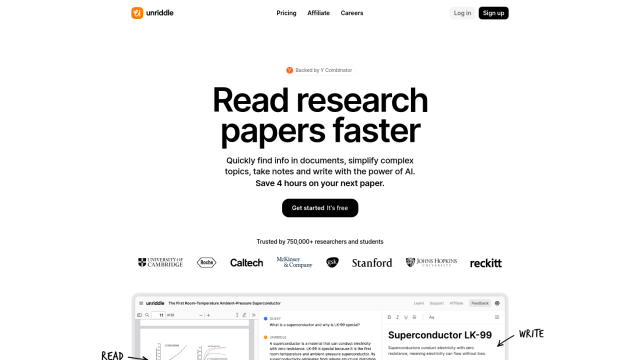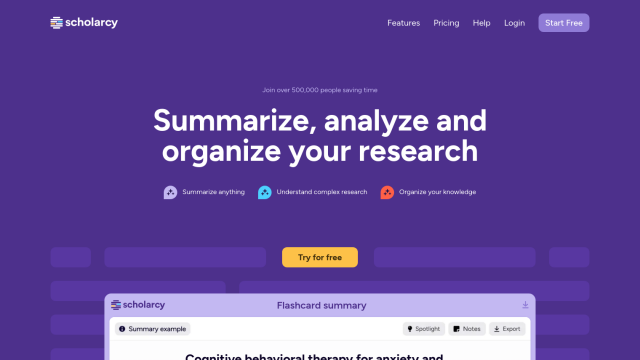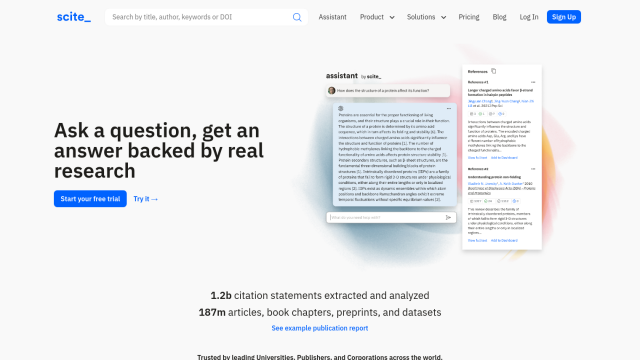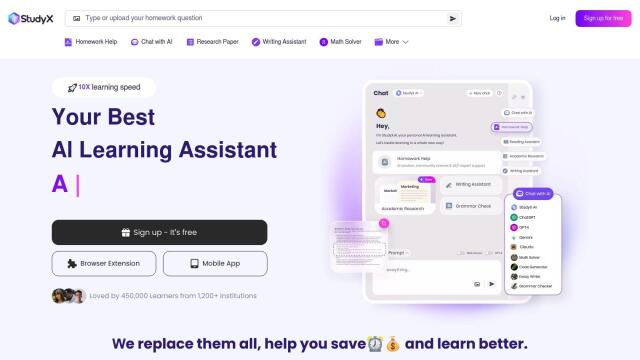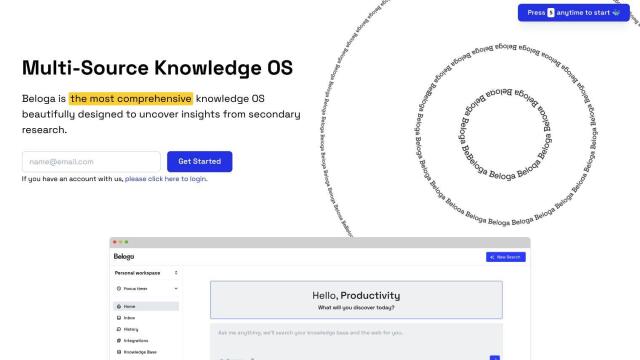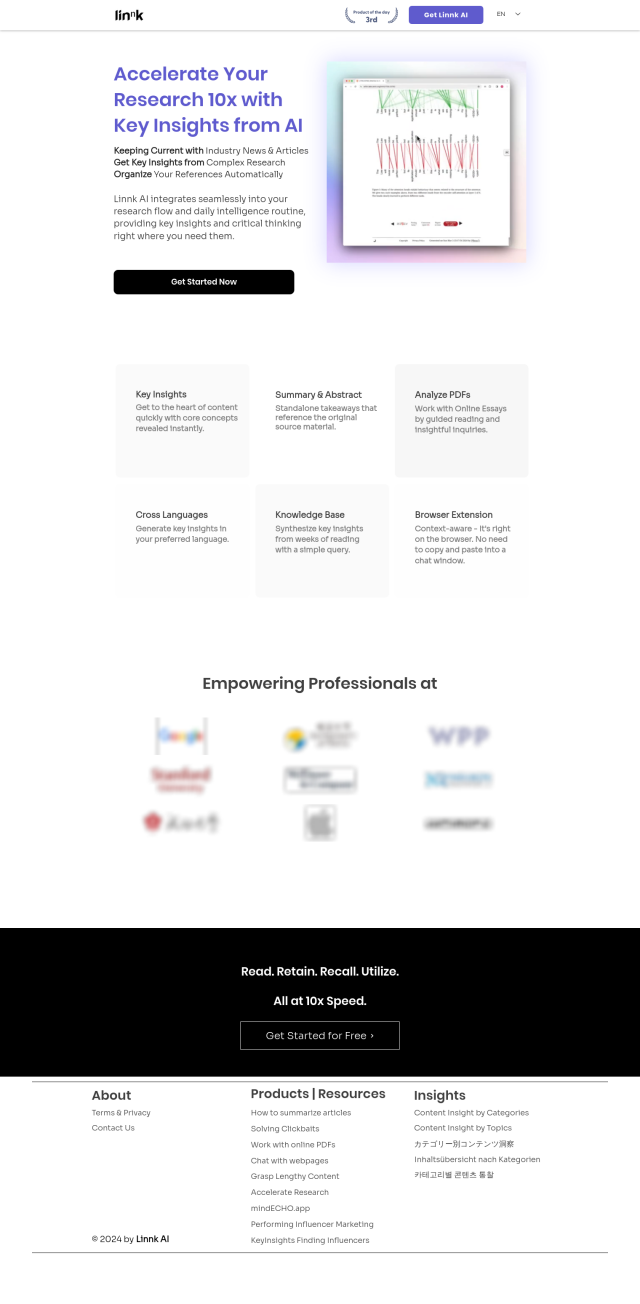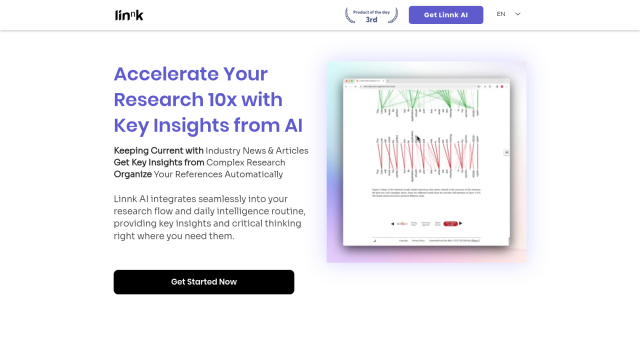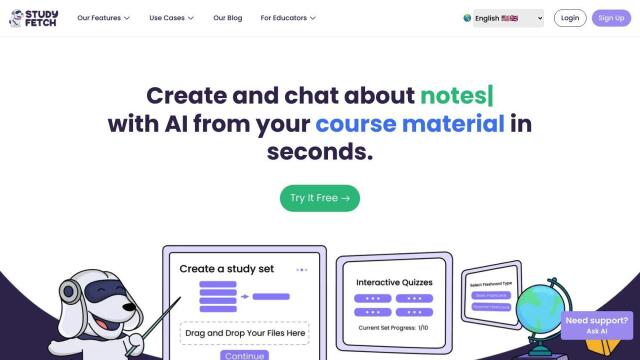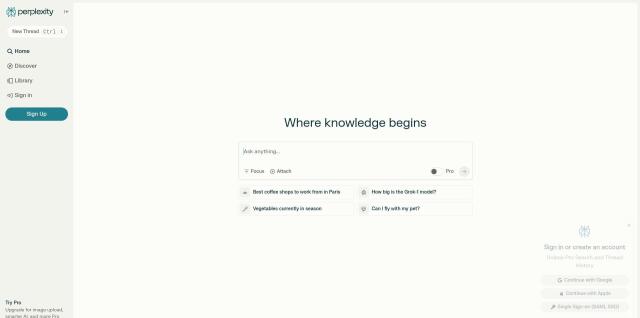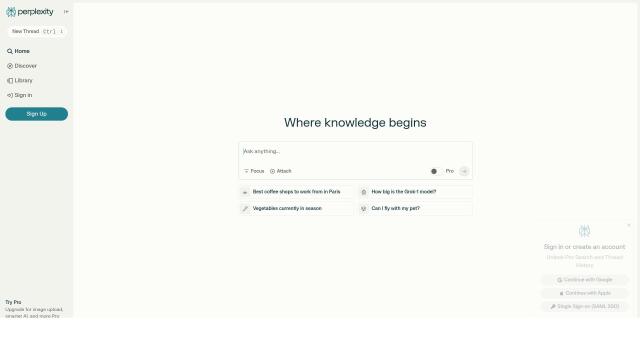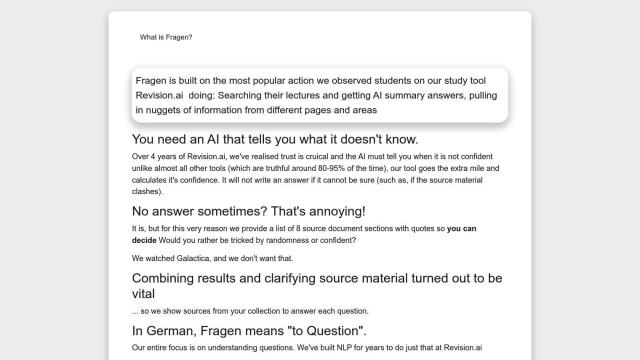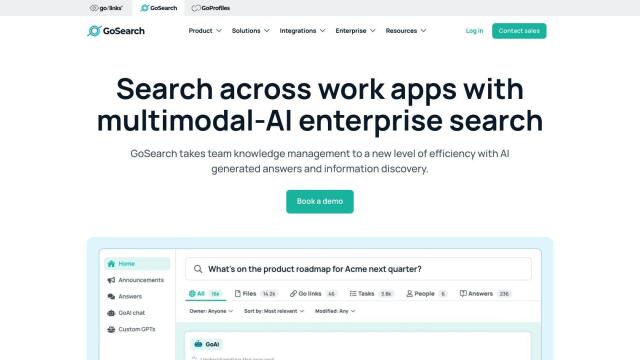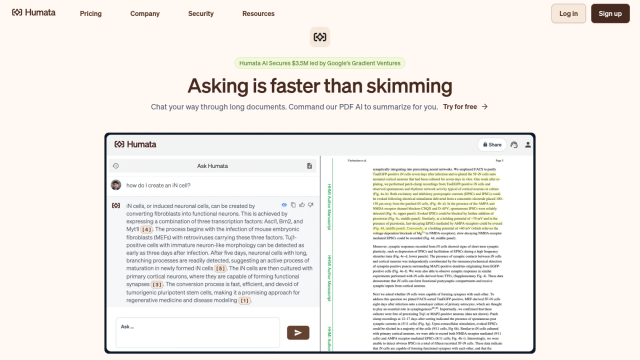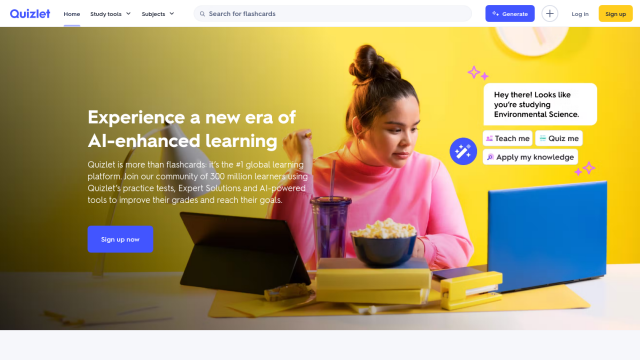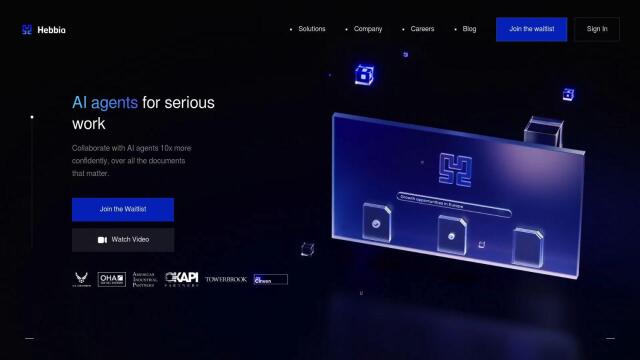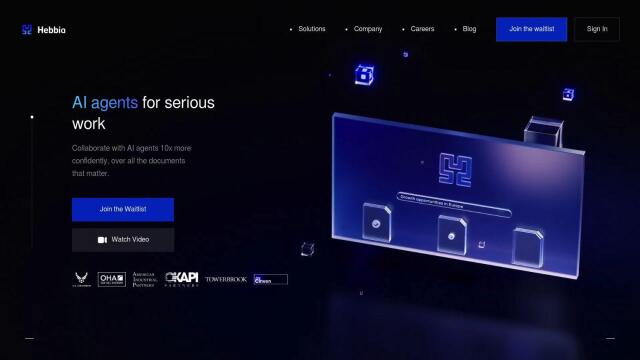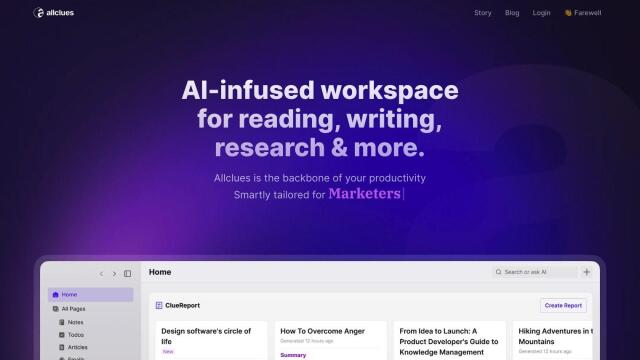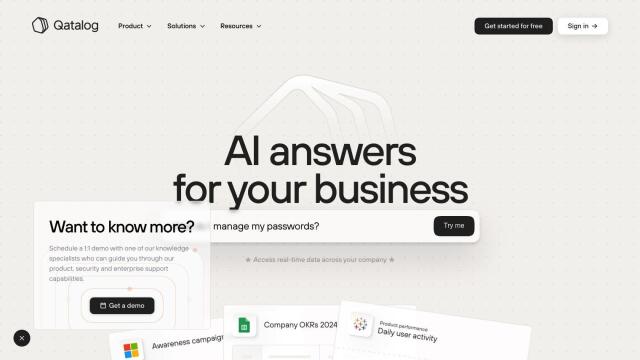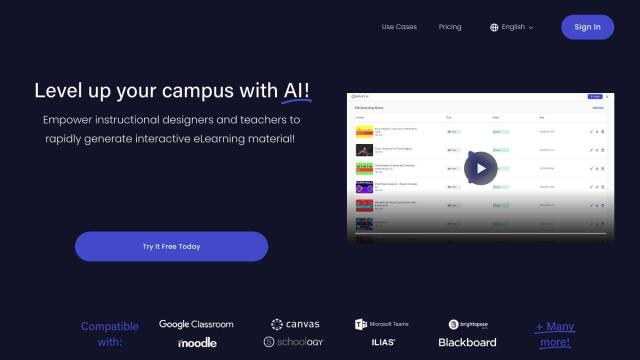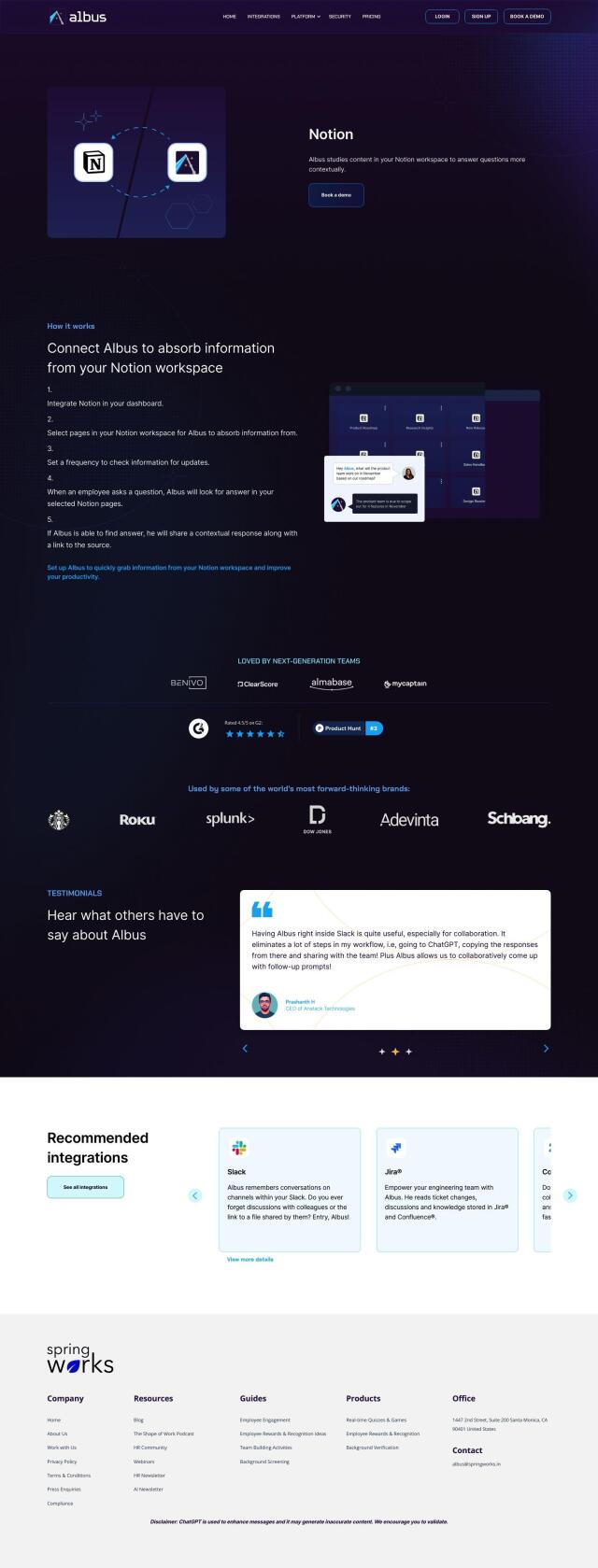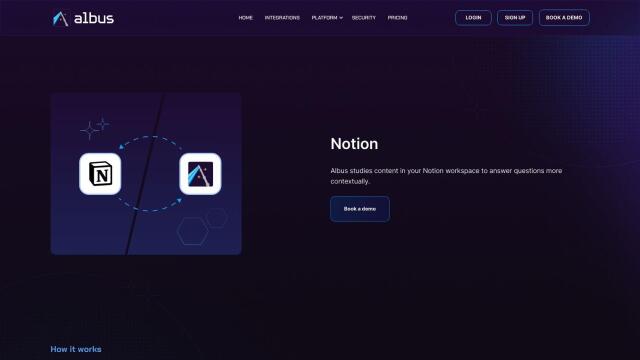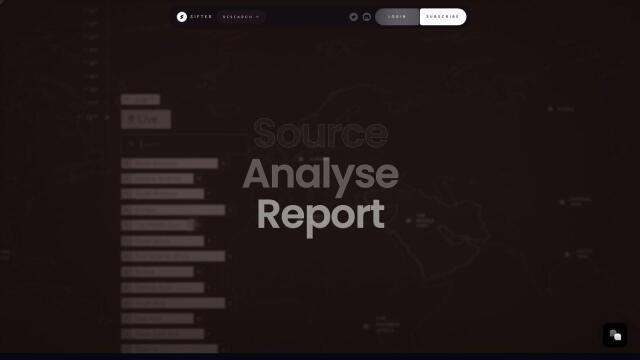Question: I'm looking for a solution that integrates with various information sources to support research and learning goals in higher education.

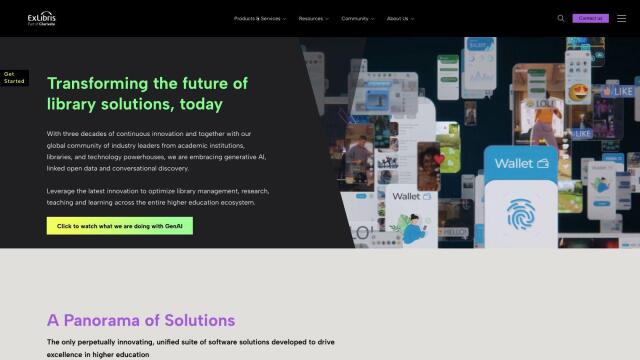
Ex Libris
If you're looking for a more comprehensive solution to help you with your research and learning goals, Ex Libris is a great option. This suite of software solutions for libraries is designed to advance education, research, and productivity. It leverages new technologies like generative AI and linked open data to offer richer insights, connections to a wide variety of information sources, increased engagement, and more efficient operations.


Elicit
Another option is Elicit, an AI research assistant designed to help you quickly locate, summarize and extract information from more than 125 million academic papers. It's geared for empirical subjects like biomedicine and machine learning, and can automate systematic reviews, meta-analyses and keep you up to date with the latest research.

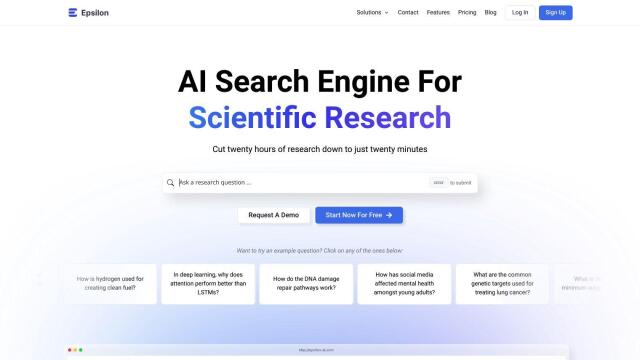
Epsilon
Epsilon is another option, an AI-powered search engine designed to accelerate scientific discovery. It offers tools to find and organize publications, summarize content and synthesize insights from a large corpus of academic papers. It's used by more than 30,000 researchers around the world and offers a range of pricing options to accommodate different needs.

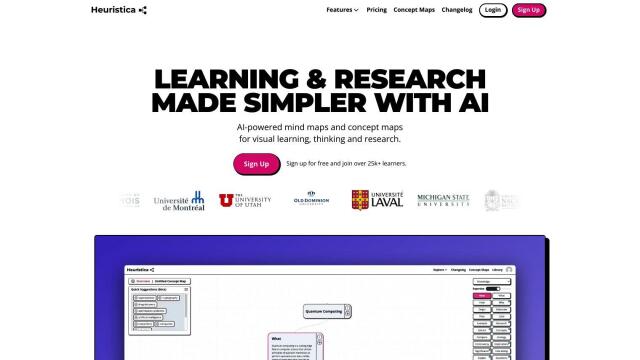
Heuristica
If you prefer something more interactive, Heuristica uses a mind map interface to help you learn, research and be creative. It's integrated with a variety of sources like Wikipedia and PubMed, and offers features like flashcards and content generation to help you better understand and engage with complex subjects.

